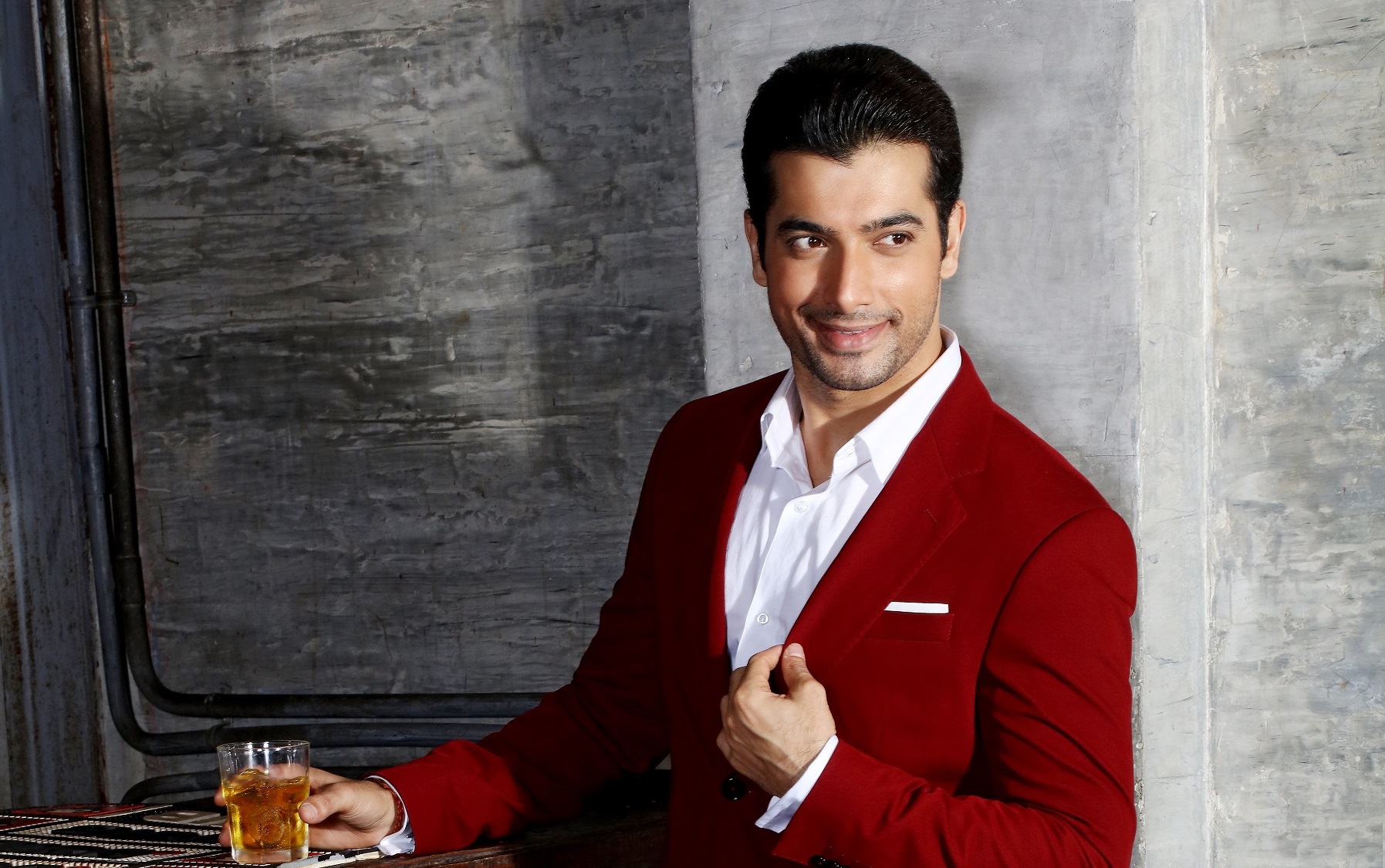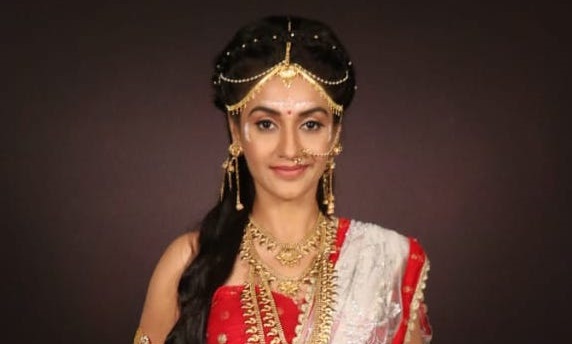Jatin Chaubey, a Commerce graduate from Varanasi, has made an impressive journey from being an auditor in Mumbai’s entertainment industry to casting for popular TV shows like Kuch Rang Pyaar Ke Aise Bhi, Partners Trouble Ho Gayi Double and Dil Sambhal Ja Zara.
His decade-long experience reflects the idea that achieving dreams is possible with patience, determination and hard work. In a recent interview with ItsEZone.com, Jatin shared insights into his journey, the challenges he faced and the trends in his profession.
Here are some key excerpts from the interview –
How has your journey been in the entertainment industry so far?
It’s been a decade-long amazing journey since I joined Fireworks Production as an assistant casting director for CID in 2014. Starting my career as an auditor in the industry, I learned a lot about casting and eventually became an independent casting director in 2017. I’ve worked with various production houses, casting for shows like Veera, Sadda Haq, Kuch Rang Pyaar Ke Aise Bhi, Naagarjuna – Ek Yoddha, and Dil Sambhal Ja Zara. I’ve also done casting for episodic series, web series, and notable shows like Partners featuring Johny Lever, Kiku Sharda, Shweta Gulati and Kishwer Merchant.
Can you share the difficulties and hurdles you experienced in your journey to becoming a Casting Director?
I used to participate in Ramleela back in my hometown Varanasi, playing roles like Sita Maa and Lakshman. My interest in the entertainment field grew from these experiences, including my roles in theatre plays like a successful one as a postman. With a creative mind, I began writing dialogues and playing more characters. Despite my family’s wish for me to secure a job after completing my studies, I decided to explore the entertainment industry. So, I came to Mumbai.
I remember when I made my first industry connection. I told my family that I was going for a job interview, but instead, I went to Film City with hope. Unfortunately, I got stopped at the Film City gate, so I hopped on the Film City tour bus to get in. Luckily, the bus stopped near a shooting set of Beyond Dreams production house, and I got a chance to talk to someone there. It turned out to be my first-ever contact in the industry and it eventually led me to an interview with Beyond Dreams, where I started as an auditor.
I later worked at Swastik Productions and became a production manager for DJ’s Choti Bahu serial. However, I realized this wasn’t my calling. Encouraged by a senior actor, I explored casting and direction, having little prior knowledge. After learning more about casting, I approached production houses with my CV. Fireworks Production selected me, marking the beginning of my journey as a casting director.
Initially, my family was hesitant, fearing I might be wasting time. However, as they witnessed my growth, they began to understand and support my chosen path.
What’s the toughest aspect of your job?
Casting is a tough job that often goes unnoticed despite the hard work involved. It’s a crucial part of setting up a show because the success of a show depends on good casting. If the casting is well-done, the show usually does well, but if it’s not, the show can suffer. Unfortunately, casting directors don’t get much recognition, and there’s no category for casting in industry award functions, which is disappointing.
I’ve worked on casting for ads, films, series, and TV, and I find TV casting to be the most challenging. TV casting directors don’t receive as much acknowledgment as those in films and series. I believe TV casting directors should be recognized and awarded for their hard work because it’s a demanding task. When a producer plans a show, casting is the first consideration, and each character needs the right fit. It’s a challenging job, involving a lot of mental effort as we visualize actors in the roles, conduct auditions, and cast the perfect fit. Sometimes, we have to go through over a thousand auditions to find the right actor for a character.
I can still clearly remember casting for Nagarjuna, it took six months to find the right actor. We went through around thousands of auditions before the channel approved Anshuman Malhotra for the role.
What factors influence your decision when casting someone new versus someone already well-known for a role?
When we’re casting, we focus on what the character needs. For example, if it’s a village girl role, we first check if the actor looks the part. After that, we assess their acting skills to see if they can play the role well. Whether someone is famous or new, if they fit the role requirements, we cast them. There’s a positive change in the industry – before, they only wanted well-known faces, but with the rise of OTT platforms, looks matter less. If you’re skilled, you can get good work. This is especially beneficial for newcomers in Mumbai aspiring to become actors. Channels and producers now prioritize acting skills while casting, although having 1-2 known faces is still needed for better show marketing, so we consider that too.
Do you believe that nowadays, an actor’s social media popularity is taken into account when they are chosen for a role?
Certainly! Nowadays, it’s a common trend for actors to be concerned about their social media presence, especially after the lockdown. Channels and producers now ask to check an actor’s Instagram followers, which is a new thing. This wasn’t the case 3-4 years ago when we didn’t bother about an actor’s social media accounts.
There’s a growing emphasis on the number of followers, especially for actors who are already known in the industry. However, this has led to a mix-up between actors and social media influencers. Many actors are unhappy about this trend. They believe that when channels and producers look for actors, they should focus on their acting skills rather than their social media popularity. It’s a common concern among actors that this mindset needs to change. I request channels and producers to consider an actor solely for their acting abilities, not just their social media following. This shift in perspective has affected many actors, with some talented individuals losing opportunities to those with a large social media following but limited acting skills. This mismatch can harm the show, as influencers may not have the necessary acting abilities.
Furthermore, some actors and influencers resort to acquiring fake followers to boost their social media numbers. This creates challenges for casting directors, who now have to verify whether an actor’s followers are genuine or fake. The hope is for the industry to reconsider this trend and prioritize casting based on an actor’s talents and not just their social media popularity.
How do you cope with pressure during your work?
I feel a lot of pressure in my job, but I chose this career because I love it. Even when things get tough, I try to enjoy my work. There are moments when problems arise, like when an actor leaves a show suddenly. In those situations, we have to find a replacement quickly, and that can be stressful. There have been times when I had to finalize new castings and send actors to the set within an hour. It’s a demanding job, and sometimes I have to work from home. While I enjoy it, it can be disruptive for my family.
How you handle it depends on your mindset. I see these challenges as added responsibilities, and I mentally prepare for unexpected situations that may come up within a limited timeframe.
What do you think about the rising popularity of OTT platforms?
It’s a fantastic change in the industry. I’ve witnessed many actors who were once rejected in television now thriving in OTT platforms as leads or in important roles. In the past, TV mainly focused on looks, and actors who weren’t conventionally attractive often got turned down. However, with the rise of OTT, actors are getting opportunities based on their talent rather than just their appearance.
OTT platforms prefer natural actors with genuine looks. The emphasis is on finding good actors rather than those with perfect looks. This shift has allowed average-looking actors with excellent acting skills to secure significant roles in OTT content. On the other hand, actors with good looks but limited acting abilities may find it challenging to get work.
The positive change brought about by OTT has made the industry more focused on talent. Not only are these actors finding success in OTT series, but they’re also getting opportunities in films. Without the influence of OTT, this transformation in the industry wouldn’t have been possible.




